Continue, Stop, Start: Lessons from Our Inaugural Diversity, Equity & Inclusivity Conference8/30/2018 In the business world, we’re familiar with the initials, D&I. Across the board, companies have been focused on improving their practices of fostering diversity and inclusion. But, we believe there is a letter missing from these initials. Any discussion about promoting diversity and inclusivity must also include a discussion about equity in the workplace. So, for the first time, the Greater Raleigh Chamber of Commerce and Wake County Economic Development, a program of the Raleigh Chamber, organized a conference focused on diversity, equity, and inclusivity.
1 Comment
Innovate Raleigh, AT&T, and NC Open Pass Partner to Identify First Responders Civic Technology Solutions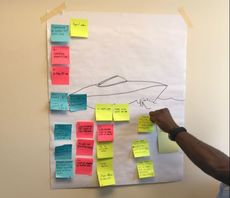 The discussion began with 15 minutes of individual brainstorming around what works well and what doesn’t work well while communicating between agencies and with the community. Bill Scanlon, the design thinking session facilitator, asked the participants to put items on post-it notes and place them on a speedboat diagram. The group reviewed each post-it note and looked for commonalities. The post-it notes were combined into broad problem statements. Next, each participant got three votes to rank the broad problem statements. Potential solutions for the top two problem statements were listed. Finally, those solutions were ranked for the level of difficulty and level of importance. 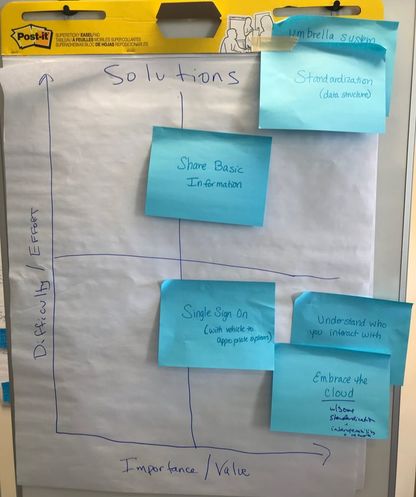 Some specific solutions that came up in the discussion include building an umbrella system that can be a hub for data sharing between agencies, finding a way for all agencies to use the same radio template to communicate, build a mechanism to allow for continuity of information when on scene (for example - sharing notes between all responders on the scene), and creating an Alexa skill to help agencies send out public messaging around emergencies. The top problem statements were presented to a group of civic technologists at Open Raleigh’s National Day of Civic Hacking meetup. The National Day of Civic Hacking is a national, coordinated effort bringing together urbanists, civic hackers, government staff, developers, designers, and community organizers to make their community better. Efland Fire Department Assistant Chief Pete Hallenbeck gave the participants a demonstration of current applications that are used by his agency. After that demonstration, the group split into two teams and started to develop potential applications. One team is creating a web application that will assist fire department personnel with creating pre-plans of sites. They essentially are PDF files that indicate where specific elements are, such as the location of doors, windows, gas shut off, storage of any hazardous materials, etc. A member of the fire department visits commercial sites to create the pre-plan which is then stored for later reference. The other team is creating an open inventory form which can allow firefighters to use any internet-connected device to check the truck inventory. If something is missing, an email would automatically be sent to the contact person assigned to that department. They also would have access to a log with date and timestamps when the item was last seen in inventory and who checked it. This inventory form will help the departments keep track of expensive equipment, which is particularly important for departments already working with very tight budgets. You can see more pictures from National Day of Civic Hacking, as well as suggestions from Assistant Chief Hallenbeck in this shared folder.
The problem statements (and detailed notes and pictures) will be shared again at the Saturday hackathon at NC Open Pass Civic Camp on Sept. 22. Teams formed during the Civic Camp hackathon will begin a seven-week design sprint to build a scalable startup and will pitch their project at the NC Open Pass DataPalooza on Nov. 8. The winner will be included in the 2018 Innovate Raleigh Summit event programming the following day. It’s no secret that the Triangle is growing at an incredibly rapid pace. It’s also no secret that healthcare providers must keep up with that growth. Part of the appeal of the Triangle are the number of exciting, high-paying jobs that must be filled. But getting the best talent requires offering the best quality healthcare and that costs money.
Knowing how important healthcare is to companies and their bottom line, we were excited to see our list of speakers at this year’s Healthcare Forum, which took place on Aug. 14 at the Raleigh Convention Center. Our panel discussion included Steve Burriss, the president of UNC REX Healthcare, Donald Gintzig, the president and CEO of WakeMed Health & Hospitals, and Dr. Michael Spiritos, the chief medical officer with Duke Raleigh Hospital. The forum opened with a look at the state of healthcare from Fred Bayon, national spokesperson with The Advisory Board Company, a for-profit, publicly-traded research, technology, and consulting firm serving more than 4,400 leading hospitals and health systems. “We are hearing one word, disruption,” said Bayon. “We’re at a time when all parts of the economy are being disrupted. A lot of innovators are looking at healthcare. They think how can we get in there, improve it, and get a piece of that business.” Bayon said there are three themes that have the potential to disrupt healthcare: the rise of mega mergers, the resurgence of activist employer, and the impact of a shifting demographic. “We could be looking at a radically different marketplace a year from now,” he said. Bayon added, “We are seeing more employees manage their healthcare design more actively. Employers are getting more discerning about finding the right specialists in the market.” As for the different age brackets of healthcare consumers, Bayon said millennials have vastly different demands than the middle-aged population. “It demands an expanded set of services,” he said. “Millennials are the largest generation and they will be driving the disruption we see in healthcare. They are knocking at the front door of the healthcare delivery system.” Carol Wagoner of Hill Chesson & Woody Employee Benefit Services, LLC moderated the panel discussion with the hospital executives. She asked the panelists what they see the hospital environment looking like in the Triangle 10 years from now. “We are very fortunate to live in an area that is growing at a very fast pace,” replied Gintzig. “We are a hot bed for technology and education, and a great place to be for those who are retiring. Those groups are still going to want good health insurance. You don’t want to be the one that doesn’t offer great benefits to get someone to come to work for you.” Burriss said he expects to see a surge in skilled nursing facilities and home health. “Hospitalization nationally is decreasing, which is a good thing,” he said. Spiritos said, even with the pressures of disruption, there must always be a focus on the patient. “The patient is at the center of everything,” he said. “Everything starts with the patient-doctor relationship. We must continue to hear the voice of the consumer and engage with them to show them what this evolution looks like.” Burriss told the audience, “Look at us as healthcare people, not hospital people, in this changing world.” We thank all of our speakers, everyone who attended the forum, and all of our sponsors who made the event possible. If you would like to catch up on more of the discussion, you can check out the official Twitter hashtag, #GRCCHealthcare18, which was among the trending topics in Raleigh for the day. Please also join us on Sept. 11 at the Raleigh Chamber/CPI Security First Responders Appreciation Breakfast on the floor of PNC Arena. You will be able to join hundreds of other business and community leaders as we all thank our local heroes who risk their lives every day to keep us safe. |
AuthorGreater Raleigh Chamber of Commerce Archives
July 2024
Categories
All
|
|
Greater Raleigh Chamber of Commerce
800 S. Salisbury St. Raleigh, NC 27601 |

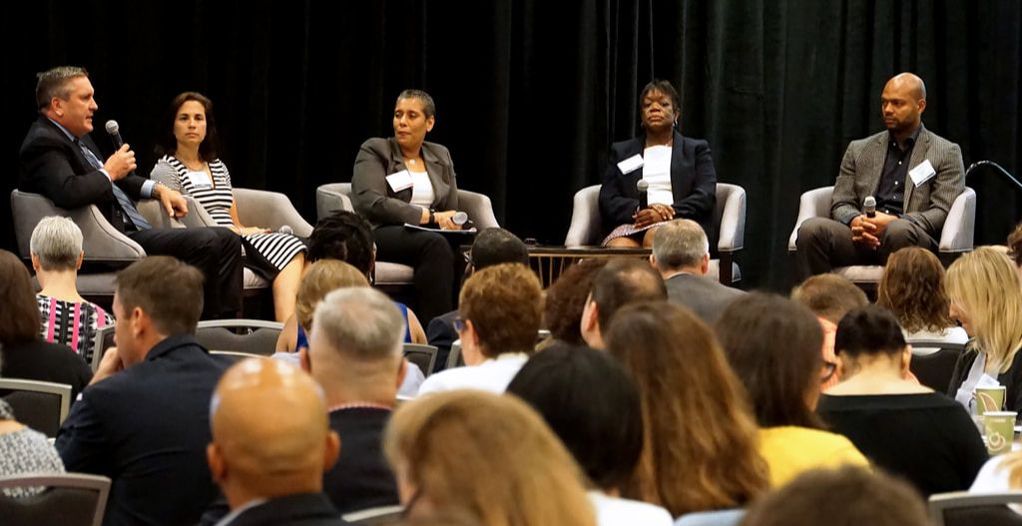

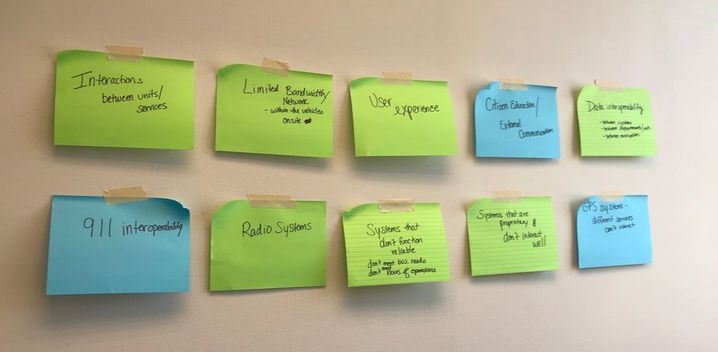
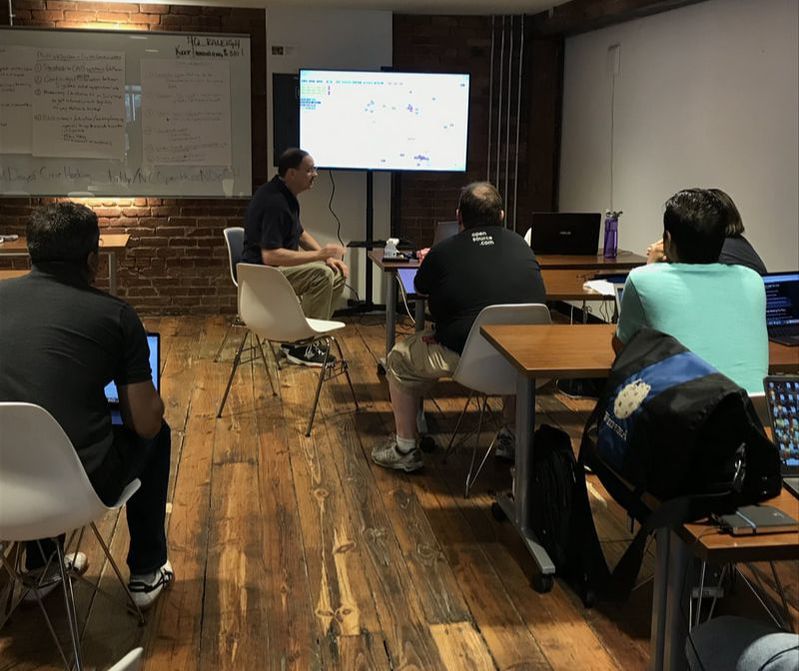
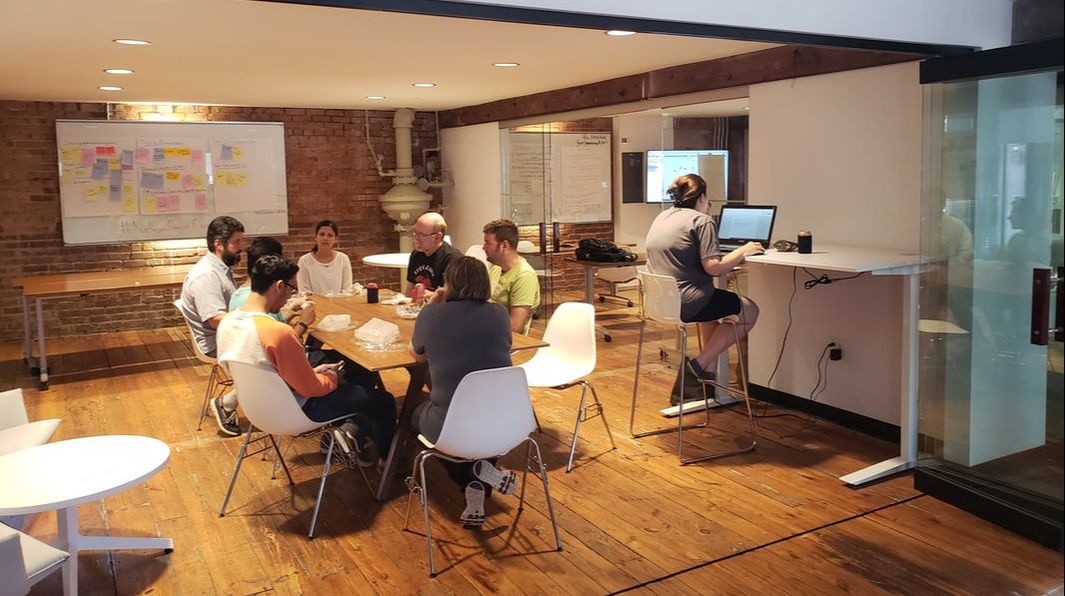
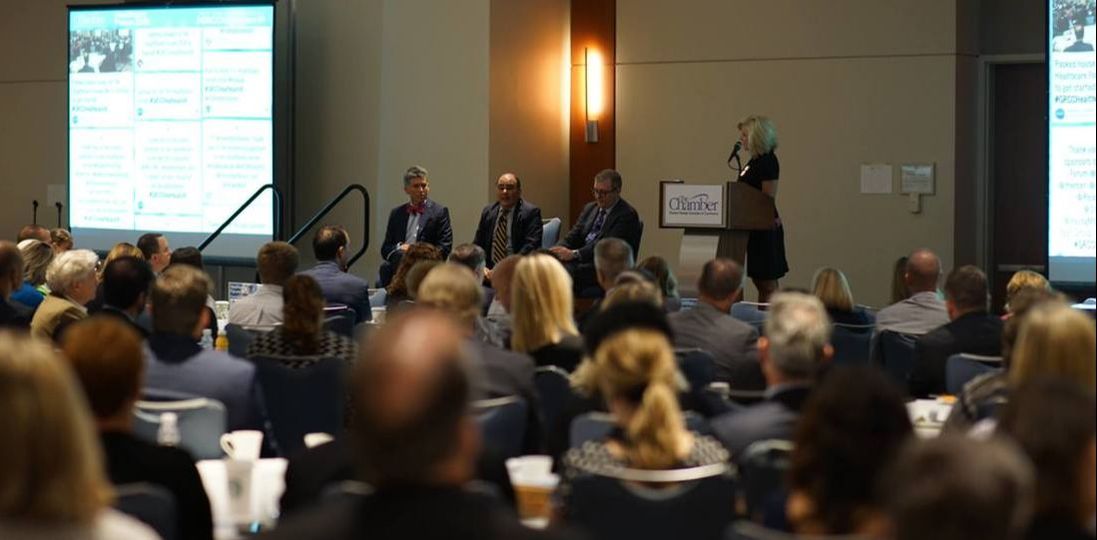
 RSS Feed
RSS Feed